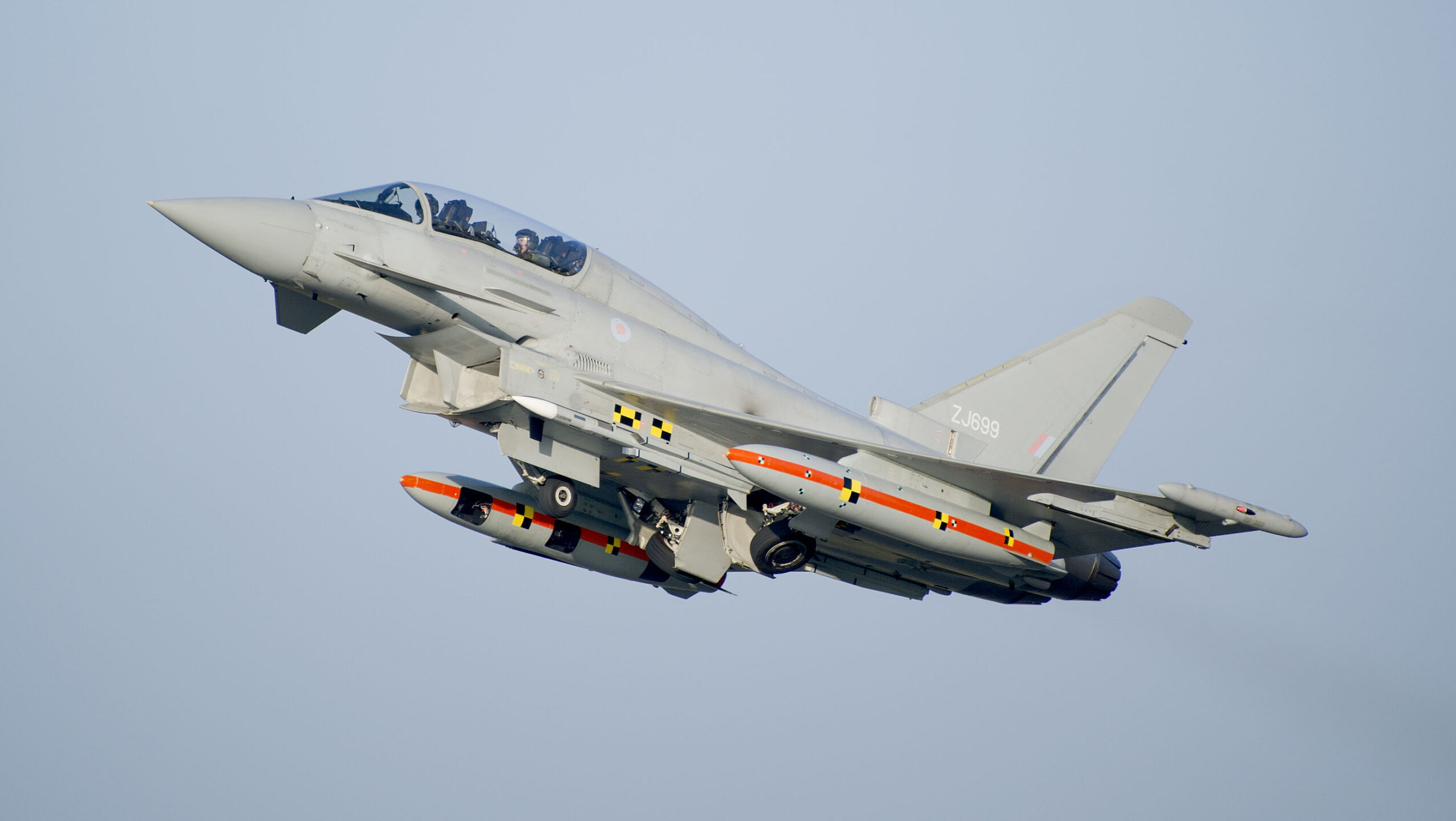
BELFAST — Europe’s main missile manufacturer MBDA recorded an “all time” annual order intake of €9 billion ($9.5 billion) for 2022 but said that international supply chain problems are still disrupting lead times for certain weapon components.
Eric Beranger, CEO at MBDA, a joint venture between Airbus, BAE Systems and Leonardo, told media during a Wednesday press conference at the Army Museum, Paris, that company sales for last year had not been directly impacted by the war in Ukraine, but that the strong demand for weapons caused by the conflict had created “tension on the supply chain.”
He explained that there have been occasions when some components have “suddenly” become unavailable for up to 24 months at a time. For other components “it’s even impossible to get a commitment in terms of [lead] time to get them,” said Beranger.
The latest annual order book stands at a 76 percent increase over the €5.1 billion ($5.4 billion) MBDA recorded for 2021.
“[Our] order intake for 2022 was exceptional, an all time record,” said Beranger.
Beranger said he “didn’t know” if the spike in sales was a result of a “catch up after COVID” on the part of customers wanting to accelerate procurements, but acknowledged that a €2 billion ($2.1 billion) weapons package tied to supporting the United Arab Emirate’s extraordinary order of 80 Rafale fighter jets, originally signed in December 2021, had contributed handsomely.
He called for greater co-operation between European nations and manufacturers so weapons production could reach “a critical mass” and in light of the Ukraine war underlining a need for greater volumes of munitions to be produced at a faster pace compared to peacetime.
Beranger also referenced plans approved by French Minister for the Armed Forces Sebestain Lecornu to increase Mistral 3 air defense missile production from 20 to 30 units a month. The new production rate is set to happen “soon” with an additional jump to 40 units a month anticipated at a later date.
RELATED: France’s military budget leap ‘corresponds to the threat,’ defense minister says
After France announced a new long term defense spending budget of €413 billion ($447 billion) in January, under the military programming law 2024-2030, it still has to outline which acquisitions will share the funding. Beranger said he didn’t know of any “future orders” that would be included in the financial package.
France and the UK agreed at the Franco-British summit held in Paris last week to develop a new MBDA-designed cruise missile for delivery in 2030, based on a joint commitment, which the two sides said would cover “concrete steps forward regarding the further advancement of the Future Cruise and Anti-Ship Weapon (FCAS/W) programme to avoid capability gaps.”
Beranger added, “You will see that the two nations [France and the UK] are seeking commonalities in their respective roadmaps in the air domain, notably addressing the needs for future air platforms. Today we have Meteor [Beyond Visual Range Air-to-Air Missile] both on [Eurofighter] Typhoon and Rafale. Tomorrow the question is what do we do with GCAP and SCAF [FCAS]?”
MBDA plays a role in both the Global Combat Air Programme (GCAP) involving the UK, Japan and Italy, as well as the Franco-German-Spanish Future Combat Air System (FCAS). Beranger declined to say if a common family of weapons will ultimately be introduced on both projects.

